 Mandatory e-Invoicing & e-Transport Regulations in RomaniaFind out how you can use our data exchange solutions
Mandatory e-Invoicing & e-Transport Regulations in RomaniaFind out how you can use our data exchange solutions
to achieve full compliance with the new policies

If your company is based - or has a branch - in Romania, you need to start working on making your billing & tax systems compliant with the new regulations.
Since July 1st 2022, sending e-invoices to the public institutions has been mandatory in Romania. What is more, to fight tax fraud and tax evasion, the Romanian Ministry of Finance has decided to implement B2B e-Invoicing for high fiscal risks products on the same date. The National Revenue Administration precisely defines the classification in the category of products with a high tax risk, i.e. those for which there is a high risk of tax evasion and tax avoidance.
Moreover, the government in Romania introduced the obligation to report each transport of high fiscal risk goods. The implementation of RO e-Transport system was initially planned to become compulsory on July 1, 2022. Nevertheless, due to the short time given to implement complex changes, the Romanian government decided to postpone the application of sanctions for failure to meet the legal requirements related to RO e-Transport until January 1, 2023.

On September 19th, the Romanian Ministry of Finance published draft legislation to regulate the introduction of an e-invoicing mandate on January 1st, 2024. The legislation proposition sets out a roadmap for a rapid, albeit still gradual, introduction of the mandate. Chiefly, the extended obligation for all B2B invoices issued by Romania-established entities to be reported via the RO-eFactura will still apply from January 1st 2024, with an RO-eFactura issuing obligation starting half a year later, on July 1st 2024. This obligation will also apply to non-established Romania VAT-registered economic operators.
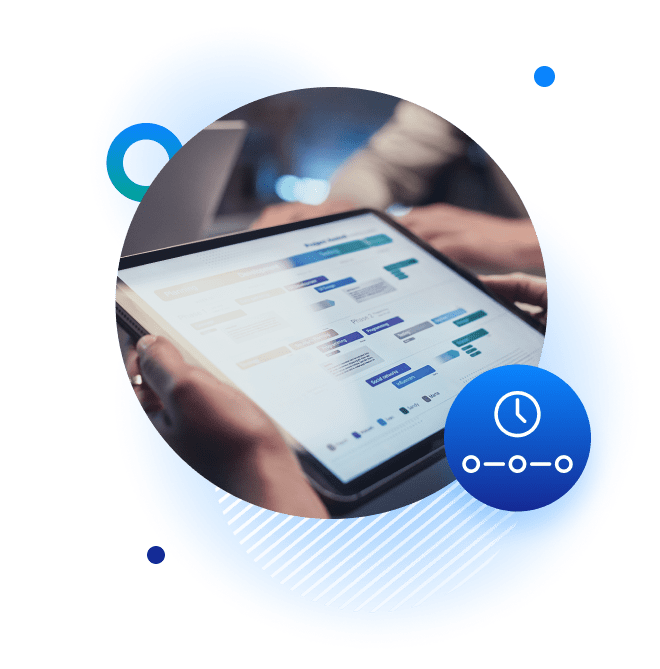
The timeline for implementing e-invoicing in the Romania is as follows:

Up until now, e-invoicing was mandatory for two supplier groups:
From January 1st, 2024 - extended obligation for all B2B invoices issued by Romania-established entities to be reported via the RO-eFactura
From July 1st, 2024 - RO-eFactura issuing obligation for Romania-established entities and non-established Romania VAT-registered economic operators
The RO-eFactura platform enables submitting and downloading invoices.To use the RO e-Factura, economic operators must be registered in the Virtual Private Space (SPV). The RO e-Invoice system is available through the API or through the web page within the SPV. Once an invoice is submitted, it is assigned an ID and can be downloaded by its recipient within a 60-day period.
The use of the national e-Factura RO system by entrepreneurs:
Sending an invoice by its issuer via the RO e-Factura national e-invoicing system:
Let's talk 💬
Any method to ensure integrity and authenticity is accepted. For example, the Qualified Electronic Signature. Data sealed with a qualified electronic seal enjoy the presumption of integrity and authenticity.

The required XML format is defined in the national standard RO_CIUS; UBL 2.1 is to be used.

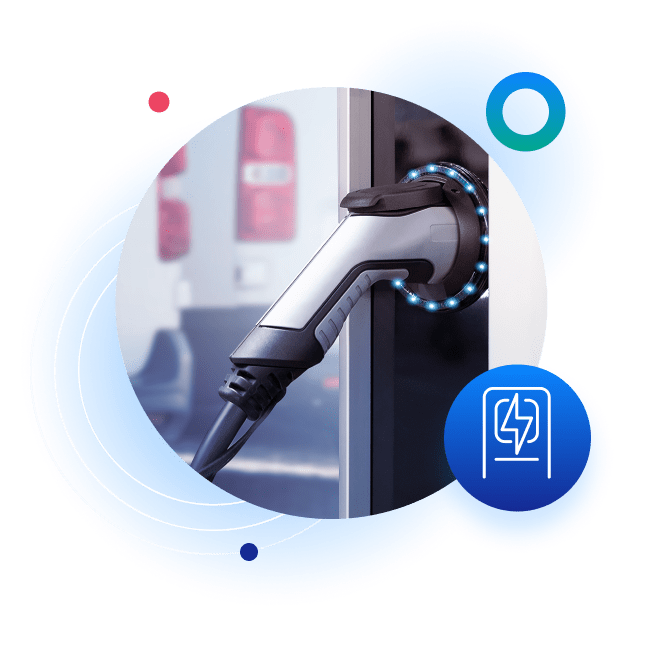
The obligation to declare in the RO e-Transport System falls upon the following users:

Ready to exchange invoices through RO e-Factura and be compliant with required XML format defined in the national standard RO_CIUS (UBL 2.1) and monitor any interruptions in the availability of the platform?
Thanks to Comarch EDI:

Ready to report each transport of products with high fiscal risk via the RO e-transport platform?
Thanks to Comarch EDI:

Ready for full control over all documents exchanged with RO e-Invoice and RO e-transport platforms?
Thanks to Comarch EDI Tracking and Archive:

Ready to provide technical support to ensure that ANAF requirements are met?
Thanks to the cooperation with Comarch:
We have 20+ years of experience in carrying out various EDI, e-invoicing, and other document exchange projects around the world. In those years, we have successfully connected more than 130,000 entities from over 60 countries.
Full compliance with the latest data exchange regulations and modern data transfer standards
Applying new technologies and IT solutions in order to streamline workflows and automate activities and procedures
Tailor-made solutions based on processes specific to each company – own road map and a suitable pace of changes
Highest level of security for all sensitive and important company data
Since July 1st 2022, sending e-invoices to the public institutions has been mandatory in Romania.
Regarding B2B transactions, there is mandatory e-invoicing for two groups of suppliers. The first is the car trading industry. The second concerns products with high fiscal risk. That obligation has been efective since July 2022.
The required XML format is defined in the national standard RO_CIUS; UBL 2.1 is to be used.
The platform is called: RO e-Factura.
To use the RO e-Factura, economic operators must be registered in the Virtual Private Space (SPV) in their own name or that of a legal representative, by a designated representative or by proxy. The RO e-Invoice system is available through the API or through the web page within the SPV.
The RO-eFactura platform enables submitting and downloading invoices. Once an invoice is submitted, it is assigned an ID and can be downloaded by its recipient within a 60-day period.
Any method to ensure integrity and authenticity is accepted. For example, the Qualified Electronic Signature. Data sealed with a qualified electronic seal enjoy the presumption of integrity and authenticity.
Storage period - 10 + 1 years
Since July 2022, e-invoicing has been mandatory for companies deals with high fiscal risk products.
E-Transport has been mandatory since July 1st 2022. Nevertheless, there are no penalties until December 31 for those who won’t implement it.
In Romania, there is mandatory e-invoicing for two groups of suppliers. The first is the car trading industry. The second concerns products with high fiscal risk. Additionally, since July 1st 2022 all companies exchanging documents with public government entities have been obliged to do it via e-invoicing.

To learn the e-invoicing requirements for a specific country, click on its flag and access the relevant information.
Make sure your business meets international standards with the Comarch e-Invoicing platform, trusted in more than 60 countries. Enjoy hassle-free integration and continuous compliance updates.
Comarch has many years of experience in providing innovative IT products and services allowing for efficient document management and automation of various supply chain processes.
Check out some of our success stories to learn what our clients have achieved by using Comarch EDI, MDM, e-Invoicing (also in a Cloud), and Online Distribution.




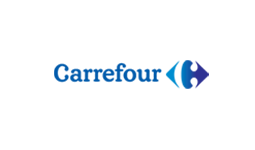



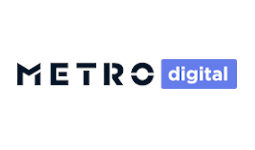






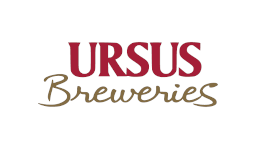
From the very beginning, the Comarch team has been cooperating closely with Ursus Breweries specialists in order to provide a secure and highly efficient document exchange tool. In spite of a very tight schedule for the implementation of e-invoicing in Romania, the dedicated and experienced Comarch experts managed to complete the project in a timely manner and fulfill the requirements imposed by ANAF.
Alina Bulgariu, Vice President Finance, Ursus Breweries
Please wait